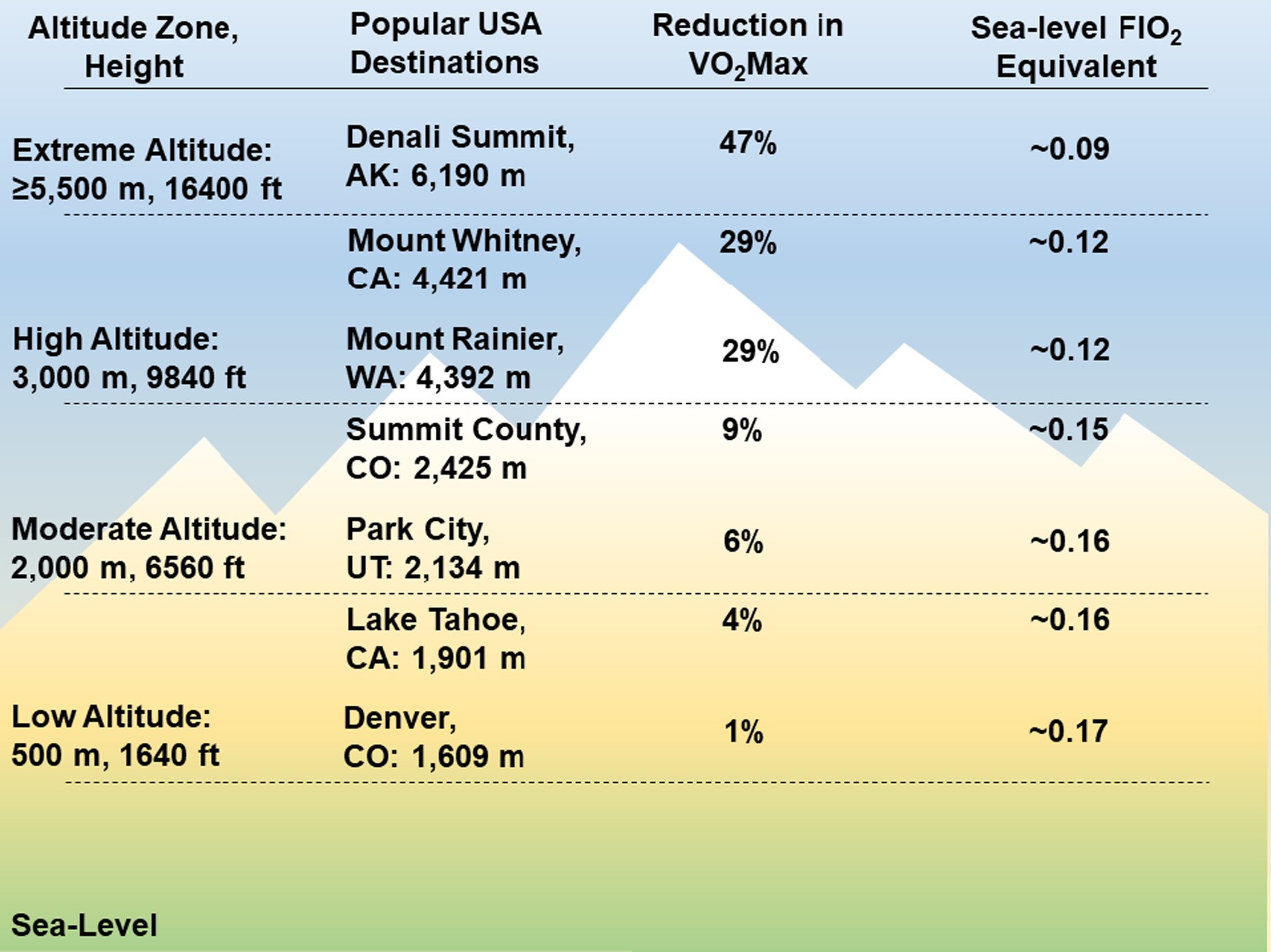Dr. Robert Shapiro discusses the effects of high altitude on the heart
- Category: General, Cardiology
- Posted On:
- Written By: Boulder Community Health

If you live at a high altitude, how does it affect the heart? What precautions should visitors with heart conditions take?
“The main concern with regards to altitude is the fact that oxygen levels are lower as we go up in altitude. At a higher altitude environment, your body must make certain physiological adaptations in order to handle the significant decrease in oxygen,” board-certified interventional cardiologist Robert Shapiro, MD, FACC, with Boulder Heart at Erie Medical Center said during a recent free health lecture.
____________________________________________________
Watch “The cardiovascular system at altitude”
_____________________________________________________
Altitude categories

Dr. Shapiro explained that any place under 6,560 feet above sea level, such as Boulder and its surrounding communities, is considered “low altitude,” according to one classification published in the Journal of the American Heart Association. Places 6,560 to 9,840 feet above sea level – such as Summit County – are categorized as moderate altitude. “If we're talking about climbing 14ers, then we get into the high-altitude level,” he said. The summit of Denali in Alaska is 20,310 feet above sea level and considered extreme altitude.
What happens to the heart at altitude?
With the air being thinner at higher altitudes, the heart needs more blood flow to deliver the same amount of oxygen, even at rest. As a result, breathing rate increases to bring more oxygen into your body, and your heart rate immediately speeds up to help carry the oxygen throughout the body. This usually results in 10 to 30% increase in heart rate to maintain appropriate oxygen delivery to tissues.
“In other words, how often your heart needs to beat is partly dependent upon the concentration of oxygen present in the surrounding air,” Dr. Shapiro stated. “Activities at higher altitudes such as skiing, hiking, bicycling or climbing can place stress on the heart and blood vessels due to lower levels of oxygen.”
He noted that those who live at low altitude, such as those living in the Boulder community, face fewer strains on the heart because their bodies have had time to adjust to living with less oxygen.
“People are going to have a different response if they’ve just come up from sea level to Boulder County versus the people who have been here a long time. Their bodies are going to have compensated for the lower levels of oxygen, and they're going to have different effects.”
Dr. Shapiro continued, “But that being said, those who live here can still have those types of changes to the heart as they go to higher altitude such as to ski.”
What research says about living at altitude
In studies spanning the globe, researchers have seen several consistencies in people living at elevations greater than 5,000 feet. They have:
- Lower mortality from heart attack and other cardiovascular diseases, stroke, Alzheimer's disease and certain types of cancer, especially colon and lung cancer
- Decreased rate of diabetes (in men): a 16% reduction
- Increased life expectancy: for men 1.2 to 3.6 years longer at the higher altitude counties compared to sea level counties and for women 0.5 to 2.5 years
“However, there is a possibility what’s driving these trends are related to socio-economic factors and/or lifestyle behaviors,” Dr. Shapiro warned.
He added, “Also, data suggests that mortality from heart attack was about 4-to-14/10,000 people lower when comparing people who resided above 3,280 feet to those living at sea level,” said Dr. Shapiro.
It’s believed that low available oxygen at high altitude encourages the heart to grow new blood vessels. These additional vessels serve as “back-up” pathways for circulation to reduce the incidence of heart attacks.
There's also data to suggest a 20% lower mortality for people who can exercise to a certain metabolic equivalent (MET). Dr. Shapiro explained, “An activity that has a value of 4 METs means you're exerting four times the energy than you would if you were sitting still. Living at higher elevation may promote a relatively high fitness level since 5-7 METs are required even for slow uphill walking.”
“The point being,” he said, “is that even just walking for exercise can be enough when you when you live in this area to really improve your risk of mortality.”
On the other hand, while higher altitude may be protective against development of some diseases, it could increase mortality as a disease progresses. There is higher mortality from:
- chronic obstructive pulmonary disease (COPD) or emphysema
- lower respiratory illnesses
With chronic lung disease, higher altitude may exacerbate low blood oxygen levels and elevated blood pressure in the lungs (pulmonary hypertension), which can lead to increased risk for congestive heart failure.
Preparing for visitors with heart conditions
Many people are familiar with symptoms of acute mountain sickness such as headaches, dizziness, nausea and weakness.
“However, they may be less aware of the stress placed on the heart and lungs for activities at higher altitudes – skiing, hiking, bicycling or climbing – and may be dangerous for visitors with high blood pressure or certain heart conditions,” Dr. Shapiro said.
Visitors of high-altitude locations should take these precautions:
- Increase altitude gradually to give the body time to adjust to lower oxygen levels (ideally 5 days before strenuous exertion at altitude).
- Drink lots of fluids for better hydration.
- Limit or avoid alcohol.
- Plan how to descend in an emergency.
To help prepare for emergencies beforehand, people with high blood pressure, coronary artery disease, heart rhythm abnormalities or heart failure should check with a health care professional. Anyone who could potentially require emergency care should identify where to find it and to learn the symptoms that would prompt a need for it.
“Sudden cardiac death is documented as a non-traumatic cause of death of some number of people at altitude,” according to Dr. Shapiro. “It can occur without warning and result in death within minutes if the individual does not receive treatment. Data shows that even one day of acclimatization results in a sixfold decrease in the risk of sudden cardiac death in the mountains.”
To make an appointment with Robert Shapiro, MD, FACC, with Boulder Heart at Erie Medical Center call 303-442-2395.
Click here to view/download slides shown during the lecture “The Cardiovascular System at Altitude.”
If you would like to receive notification of special events and lectures, sign up here.